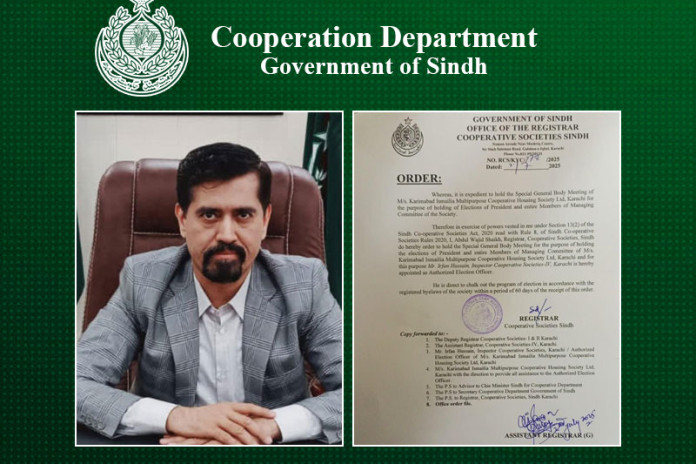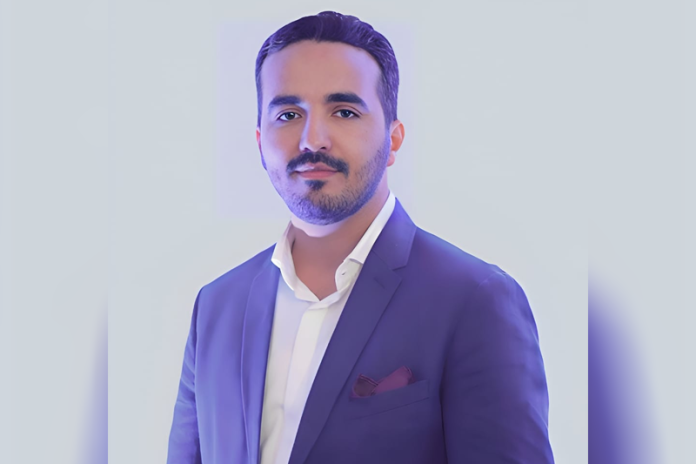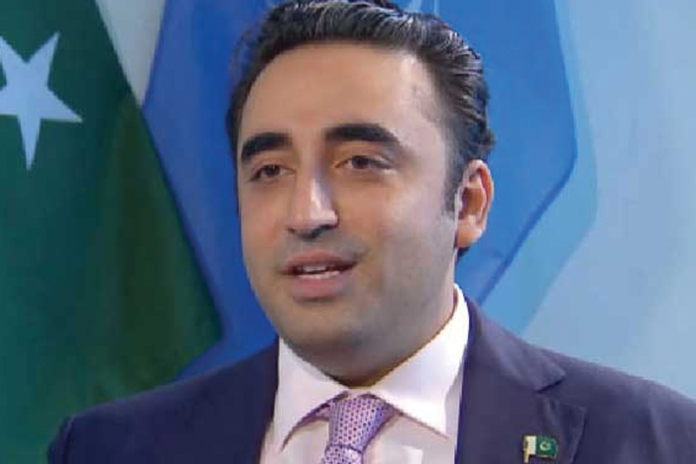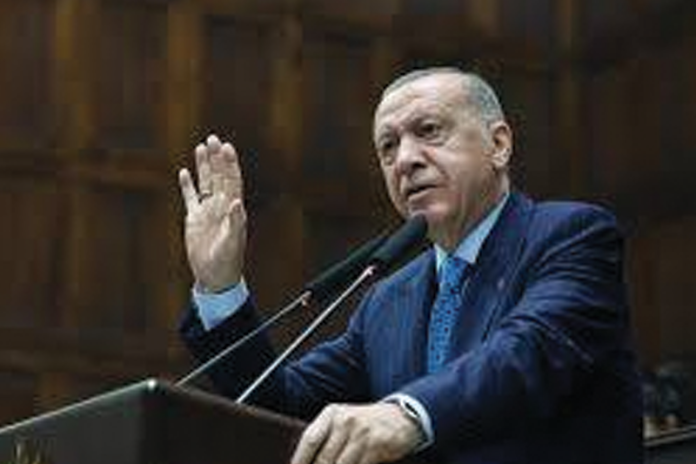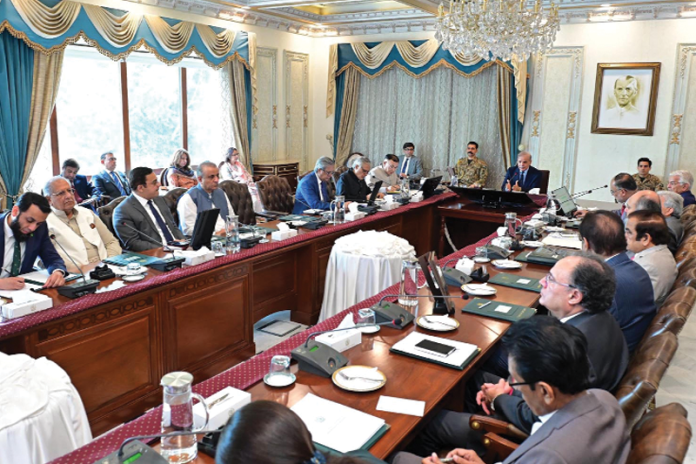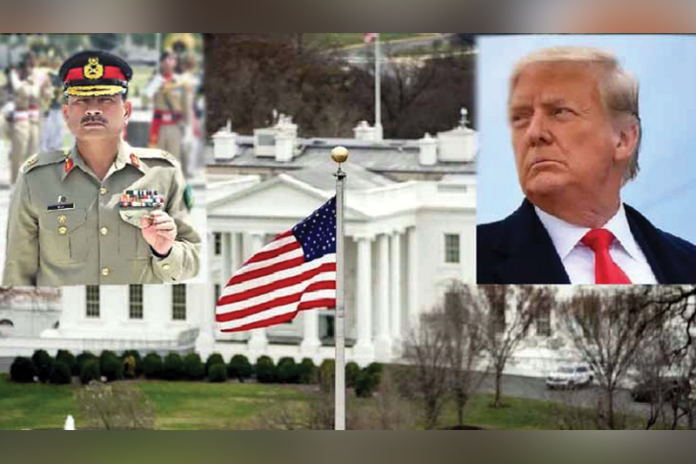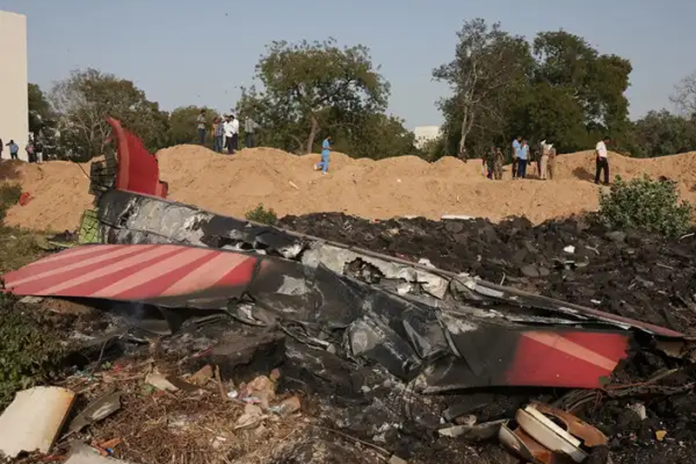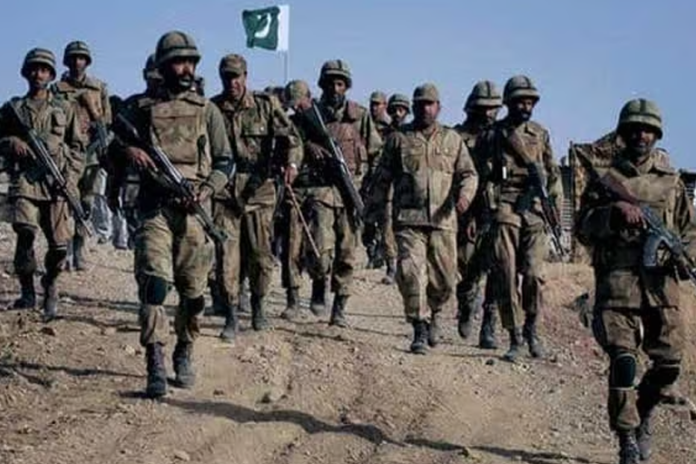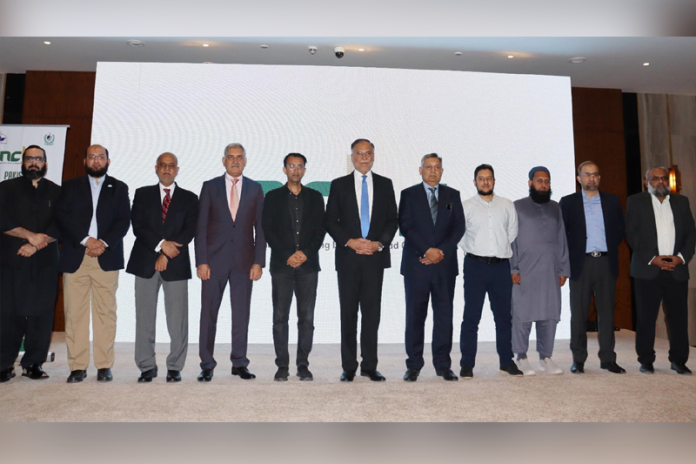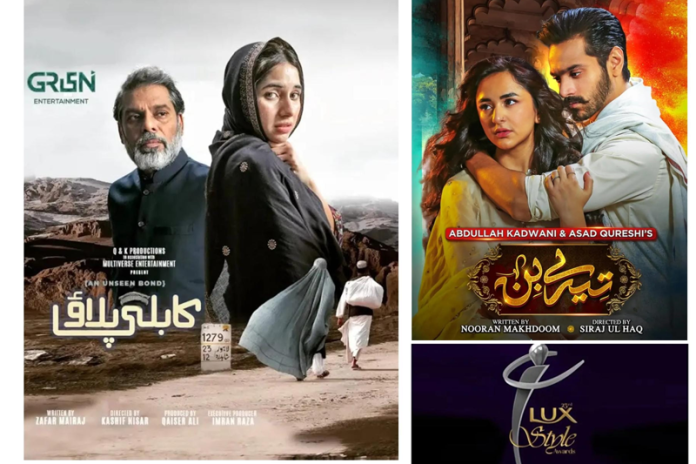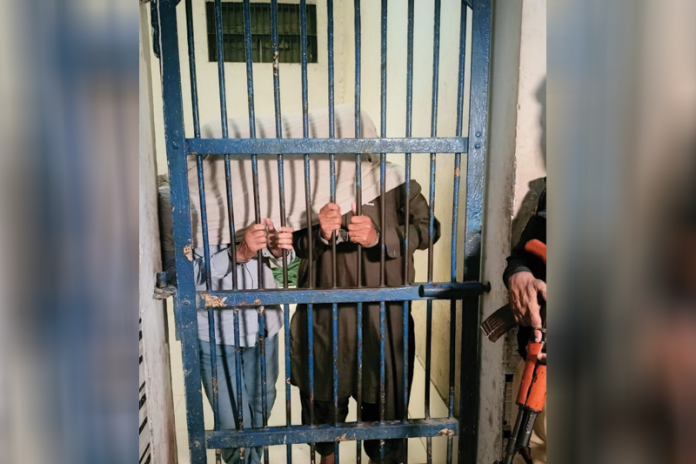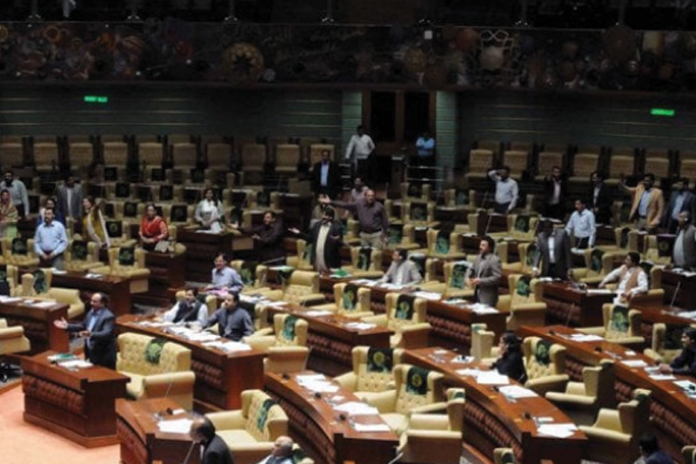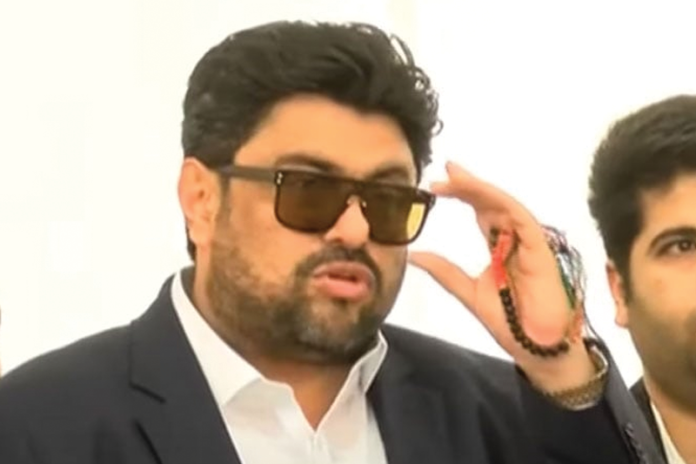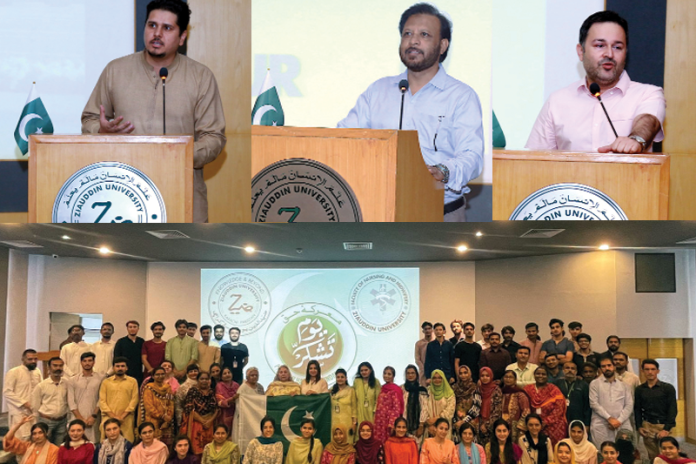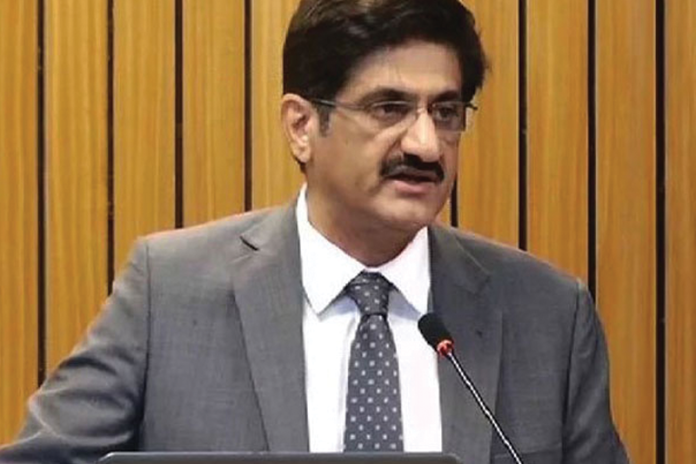Could Saudi-Iran agreement augur a new era?
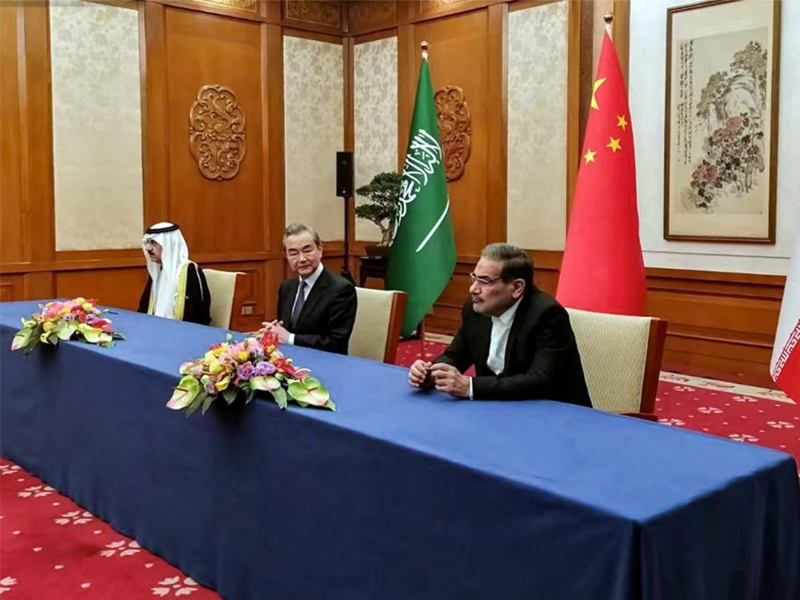
- 267
- 0
The agreement between Saudi Arabia and Iran to resume diplomatic relations after seven years of severed ties and many more years of conflict has raised hopes throughout the region and beyond. Many expect that restoring diplomatic relations is the first step toward de-escalation and resolving conflicts through dialogue and diplomacy. But how likely is it that the resumption of diplomatic ties between the two main regional powers will lead to material changes in Iran’s regional policies? How different is this agreement from previous understandings that eventually failed to change Iran’s regional conduct?
Saudi Arabia and the rest of the Gulf Cooperation Council countries have consistently stressed that diplomacy is their preferred way to address conflicts with Iran, most recently in a statement issued on Feb. 15 following a meeting of the GCC-US Working Group on Iran at the GCC headquarters in Riyadh.
This group was set up in 2015 to coordinate the US and GCC approaches toward Iran, including its nuclear program, ballistic missiles and drones, and its regional activity.
There have been several previous attempts at diplomacy between Saudi Arabia, and the GCC at large, and Iran. Some were more sustained and successful than others.
During Akbar Hashemi Rafsanjani’s presidency (1989-1997), Saudi Arabia and Iran engaged in extensive diplomacy, which established a common ground for dialogue and led to regional de-escalation and bilateral goodwill.
Building on that progress, two agreements were concluded between Saudi Arabia and Iran during Mohammed Khatami’s presidency (1997-2005): the General Agreement for Cooperation in the Fields of Economy, Trade, Investment, Technology, Science, Culture, Sports, and Youth, which was signed in May 1998, and the Security Cooperation Agreement, which was signed in April 2001.
In December 2007, the GCC invited President Mahmoud Ahmadinejad to attend its annual summit, where he gave a reconciliatory speech followed by several rounds of diplomacy during his first term of office. However, Iran’s regional policy changed significantly during Ahmadinejad’s second term, which started in 2009, becoming more aggressive and meddling. His second term started with bloody protests and accusations of a rigged election, in what was known as the Green Revolution. Many were killed, injured or arrested, including the two opposition candidates.
Faced with stiff opposition at home and challenges to its legitimacy, Ahmadinejad’s hard-line government at the time took advantage of the so-called Arab Spring uprisings in early 2011. In Syria, it supported the Assad regime in suppressing peaceful dissent with force, mobilizing sectarian militias from Lebanon, Afghanistan and Iran itself, working under the guidance of the Islamic Revolutionary Guard Corps, especially its Quds Force. It adopted similar tactics elsewhere, boasting at some point that it had control of four Arab capitals.
During Hassan Rouhani’s presidency (2013-2021), the GCC nevertheless continued its attempts at diplomacy, engaging with Iran in substantive correspondence and meetings aimed at establishing new and more reliable rules for engagement, including an emphasis on international law and the UN Charter as a basis for dialogue.
Under current President Ebrahim Raisi, the GCC member states have continued discussions with the same aim, including meetings between Saudi Arabia and Iran in Oman and Iraq, paving the way to the announcement in Beijing on Friday.
Statements made after the announcement by the Saudi representative to the Beijing talks, National Security Adviser Dr. Musaed bin Mohammed Al-Aiban, expressed hope that the agreement would lead to good neighborly relations with Iran, enhanced security and stability in the region and the world, and the adoption of the “principle of dialogue and diplomacy” to resolve disagreements.
Saudi Arabia clearly hopes that the agreement will signal the turning of a new page based on a commitment to the “principles and objectives of the Charters of the United Nations and the Organization of Islamic Cooperation, and international conventions and norms,” including respect for the sovereignty of states and noninterference in their internal affairs. There is, as such, clear continuity in the messages delivered earlier by the GCC and other member states, placing special emphasis on international law and the conventions and customs of relations between states of the region.
Saudi Arabia has expressed hope that the agreement will help maintain a constructive dialogue.
There are many reasons why Iran has suddenly shifted to diplomacy with Saudi Arabia, after years of aggression both directly and through its regional proxies and collaborators. The Kingdom has been on the receiving end of hundreds of missile and drone attacks over the past few years. Its cities, airports and oil installations have been frequent targets of those attacks. Western sanctions have contributed to limiting Iran’s ability to expand indefinitely and local unrest is also a factor in that change of heart, as the hard-liners found themselves spread too thin and unable to provide for Iran’s population, which has been battered and impoverished by Tehran’s policies.
GCC defense forces and the extensive military presence of many nations in the Gulf, including the US Fifth Fleet, the Combined Maritime Forces and others, have also reduced Iran’s military options.
Diplomatic efforts by other GCC countries and Iraq have also helped the two sides get to this point. However, China’s role has been instrumental in bringing about this breakthrough, through the personal involvement of President Xi Jinping and his top advisers, including Wang Yi.
The two sides expressed their desire for China’s “continuous and positive” role in the future. That role is the new element that could contribute to the success of the next steps after the restoration of diplomatic ties. It enjoys close relations with both Saudi Arabia and Iran and it has put its diplomatic prestige on the line in a very visible way.
Success over the coming weeks and months will be measured by how much Iran changes its regional policies in accordance with the internationally accepted principles of state conduct. For example, will Tehran stop sending weapons to Yemen and allow Yemenis to settle their differences at the negotiating table according to Yemen’s law and constitution and according to UN resolutions?
In Lebanon, will Tehran finally allow the parliament to elect a new consensus president after months of delays and attempts to install by force and intimidation a partisan of Iran and Hezbollah as president?
In Iraq, will Tehran stop its missile and drone attacks on Iraqi territory and against the Global Coalition Against Daesh?
The list is long, but observers and key players will be watching whether the Iranian government delivers on the promises made in Beijing last week.
–Courtesy: Arab News
Published in The Daily National Courier, March, 16 2023
Like Business on Facebook, follow @DailyNCourier on Twitter to stay informed and join in the conversation.

